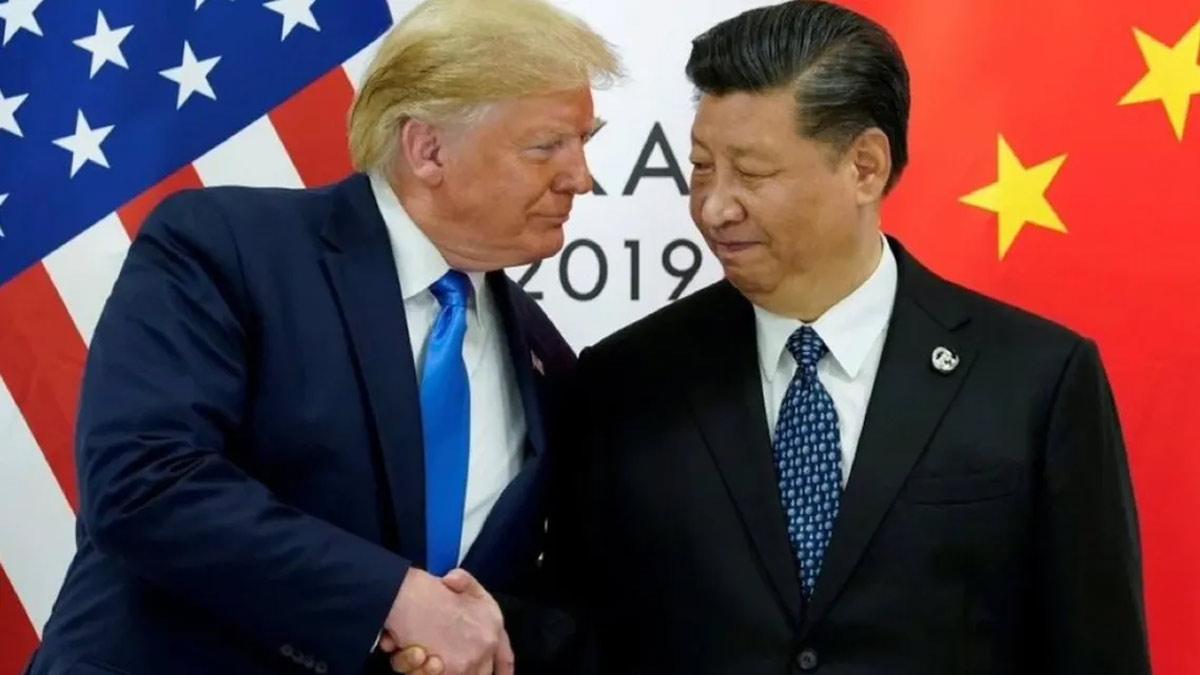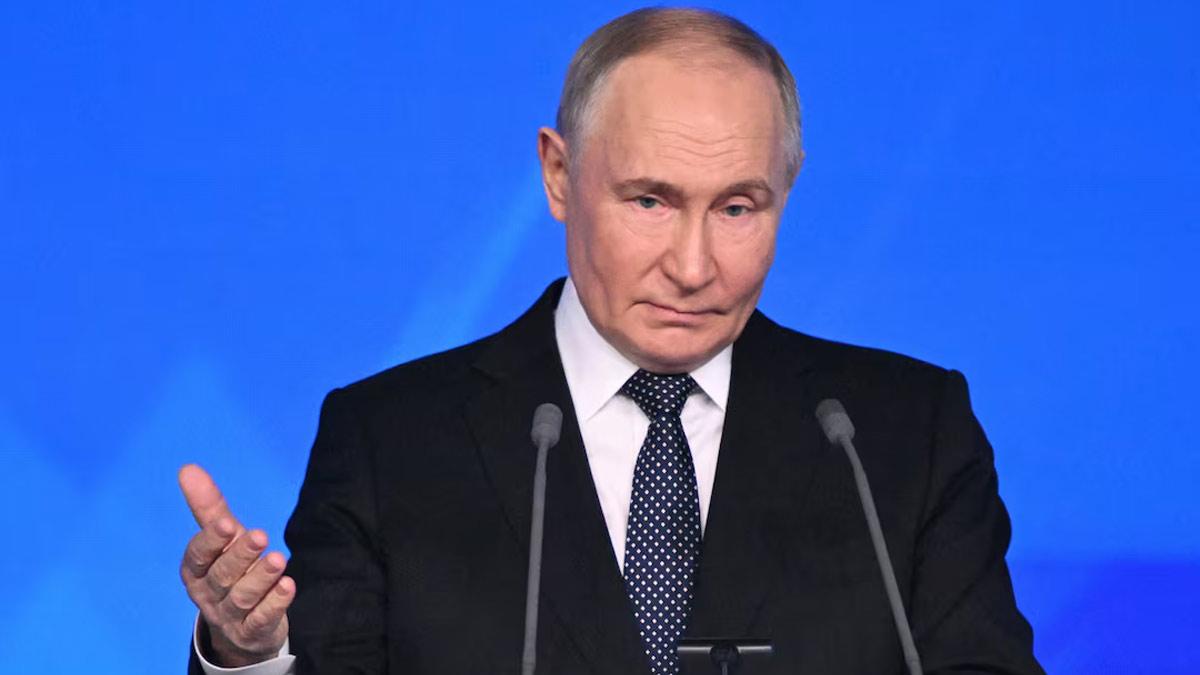The United States has now imposed a steep 245 per cent tariff on Chinese imports, citing Beijing’s retaliatory trade measures, the White House announced Tuesday afternoon (India time). The escalating tariff war between the world’s two largest economies continues to spiral with no resolution in sight.
This development follows President Donald Trump’s directive to initiate an investigation into the "national security risks posed by the US' reliance on imported, processed critical minerals and derived products." These materials include essential elements such as lithium, cobalt, nickel, and various rare-earth metals that are vital in producing smartphones, electric vehicle batteries, and defense-related hardware.
Trump’s directive highlights that the country is "dependent on foreign sources... that are at risk of serious, sustained, and long-term supply chain shocks." According to the White House, this dependency “raises potential for risks to national security, technological growth, and economic prosperity."
Previously, both nations had matched each other's tariff moves—Washington had imposed a 145 per cent tariff on Chinese imports, while Beijing countered with a 125 per cent levy on American goods. China also enforced a ban on exporting key components used by the aerospace and defense sectors.
In response, a senior Chinese official acknowledged on Wednesday that the US tariffs were exerting "pressure" on the country. Nevertheless, China also reported a surprisingly strong economic performance in the first quarter, with GDP growth of 5.4 per cent—exceeding expectations. Industrial production saw a 6.5 per cent rise, while retail sales climbed 4.6 per cent compared to the previous year.
Despite the optimistic numbers, Beijing expressed concerns over an increasingly "complex and severe" global economic outlook and stressed the need for greater efforts to stimulate growth and domestic demand.
Meanwhile, Trump made it clear that the next move should come from Beijing. “The ball is in China’s court. China needs to make a deal with us. We don’t have to make a deal with them,” he stated, one day after accusing China of backing out of a significant agreement with Boeing. Trump has often criticized countries like China, India, and Brazil for imposing higher import duties on American goods than the US does on theirs.
One of Trump’s core trade policy arguments—central to his re-election campaign—has been that reciprocal tariffs could either encourage foreign governments to reduce their taxes or reinvigorate US manufacturing, thereby creating local jobs.
In line with this strategy, the Trump administration has consistently increased import duties on Chinese goods since the beginning of the year, alongside a 10 per cent baseline tariff on various other trade partners. Tariffs began at 10 per cent in February and March and jumped significantly to 34 per cent in April.
By April 9, combined tariffs had surged past 100 per cent, leading to major market downturns globally, including within the US. Since then, Trump has delayed some tariff decisions, but the penalties targeting China remain intact.
China’s countermeasures included halting the import of sorghum, poultry, and bonemeal, imposing trade restrictions on 27 US companies, and filing an official complaint with the World Trade Organization.
In response to the growing trade conflict, Beijing has begun diplomatic overtures to India and the European Union, seeking to bolster alliances. Last month, Chinese Foreign Minister Wang Yi appealed to New Delhi, saying the two nations should “make elephant and dragon dance” and "take the lead in opposing hegemonism and power politics."
Read also| Melinda Gates Labels Divorce from Bill Gates 'Necessary'; A Look at Both Perspectives
Read also| White House Releases Health Report Declaring 78-Year-Old Trump Fit to Serve as President


















